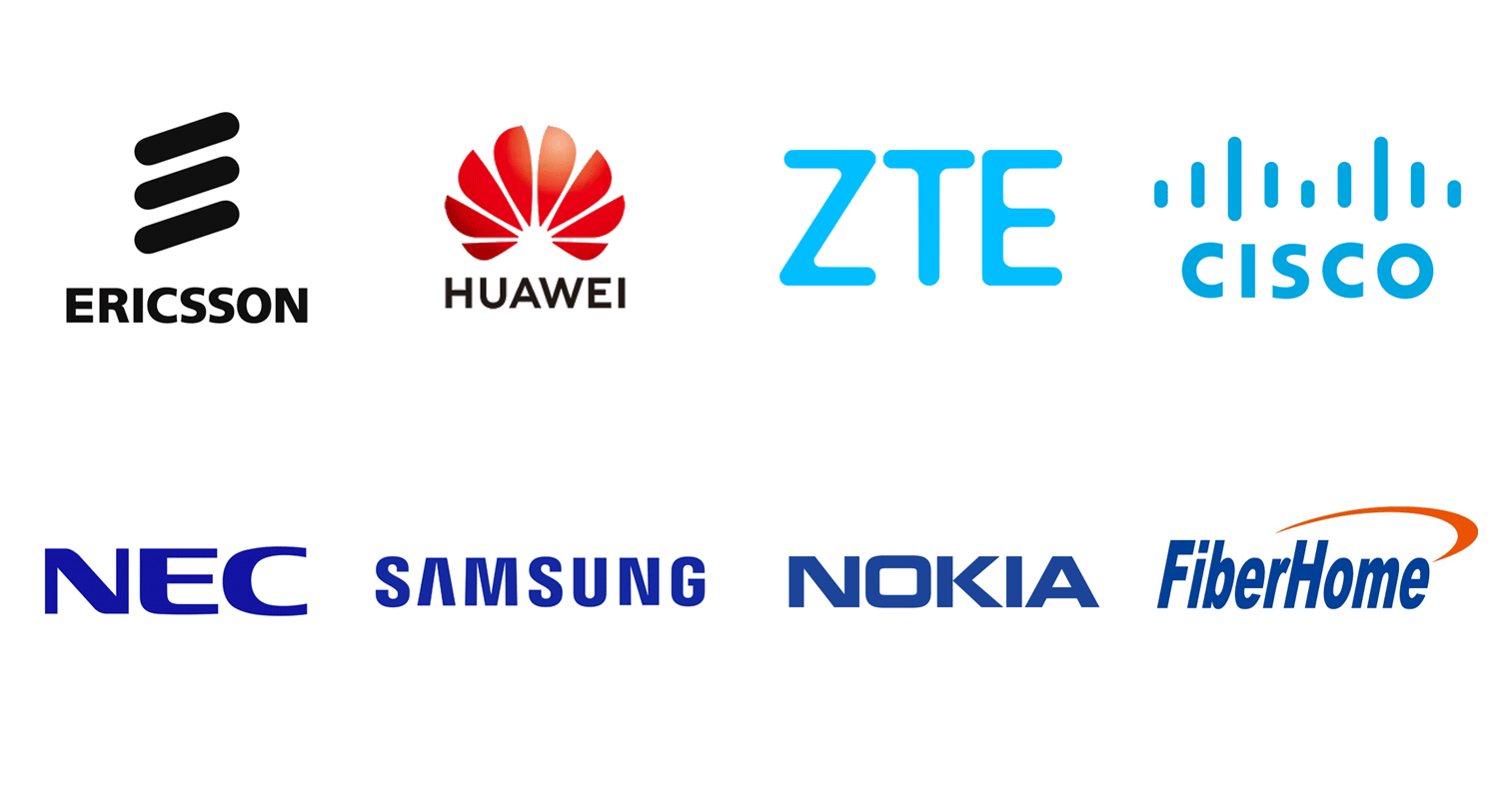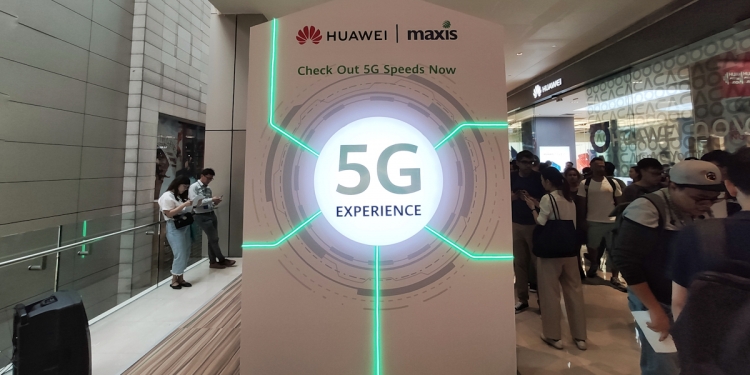Amid the Malaysian government’s review of the country’s 5G deployment through a single wholesale network, a report by UOB-Kay Hian has indicated that Digital Nasional Berhad (DNB) could be introducing a second network equipment provider to deploy 5G. Appointing a second 5G vendor besides Ericsson is said to have the potential to reduce costs and speed up the 5G rollout nationwide. Similar to several telcos, having a dual vendor approach could potentially mitigate the risks of a single point of failure.
The report revealed that the DNB isn’t exclusively tied to Ericsson, a vendor which it appointed in July 2021 to build the national 5G network. Apparently, there’s a provision in the contract to introduce a second network provider which opens up the potential of getting Huawei, Nokia or ZTE to be involved in its rollout plans.
UOB-Kay Hian said in their opinion, the introduction of a second 5G vendor may lead to reduced costs, assuming Huawei is able to give a significant discount, and expedited 5G rollout. They also believe that DNB is likely to remain the single wholesale network as they have achieved 47% population coverage by end of 2022.
To recap, Ericsson is currently the sole 5G equipment vendor for DNB and they offer energy-efficient Ericsson Radio System products and solutions, including Ericsson Spectrum Sharing, a software for wide-area 5G coverage. The Swedish company’s scope also includes cloud-native 5G Core, 5G Radio Access (RAN) as well as Managed Services to handle the requirements of a single wholesale network.

It was reported that DNB had shortlisted a total of 8 vendors which include Huawei, ZTE, Cisco, NEC, Samsung, Nokia and FibreHome to submit their 5G tenders back in April 2021. In about 3 months, Ericsson was appointed to be their 5G partner for a duration of 10 years, out of 4 vendors who have submitted their bids.
When former Opposition Leader Anwar Ibrahim questioned the RM11 billion contract for Ericsson, DNB responded that the appointment was done after a rigorous and competitive process. Countering Anwar’s claim that Huawei could do the job for half the price, DNB said Ericsson’s bid was around RM700 million lower than the total cost of ownership of the next closest bid. Breaking the cost down, DNB said Ericsson’s network equipment, deployment services as well as ongoing maintenance and network management would cost RM4 billion, while the remaining RM7 billion will cover network infrastructure costs from other parties such as tower rental and fibre leasing.
Despite the ongoing 5G review after the change of administration, Communications and Digital Minister Fahmi Fadzil assured that current deployment plans by DNB will continue without any interruption. The current review of the 5G single wholesale network is expected to be completed by the end of March 2023.
Maxis has delayed the signing of its 5G access agreement with DNB pending the completion of the government’s review. There have been calls to consider a dual wholesale network (DWN) and to allow telcos to roll out their own 5G network using their existing spectrum. DNB has opposed the DWN model as it claimed that sharing the 5G spectrum would affect the quality of service, increase costs and slow down deployment.
DNB claims to have achieved close to 50% 5G population coverage by the end of 2022 with 3,900 sites. It aims to deliver 80% 5G population coverage by the end of next year.
Related reading
- Former MCMC Chairman shares how Malaysia can liberalise 5G deployment and spectrum
- Maxis delays 5G again until govt completes review into DNB
- Fahmi Fadzil expects to complete review of Malaysia’s 5G deployment within Q1 2023
- Fahmi Fadzil says DNB shouldn’t make 5G coverage claims without verification








